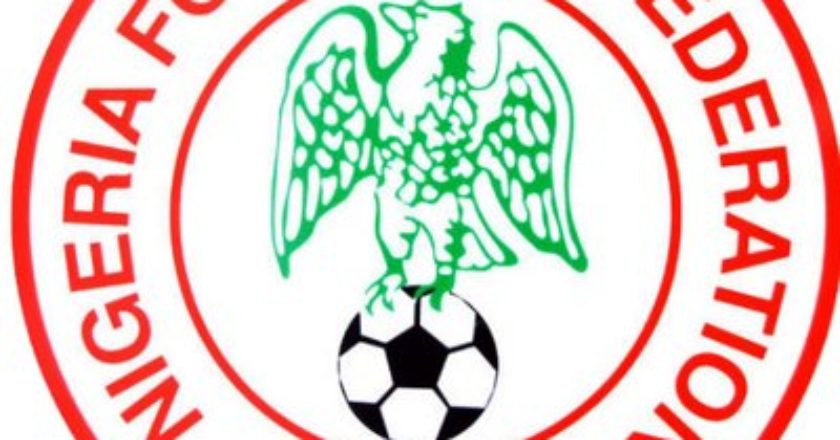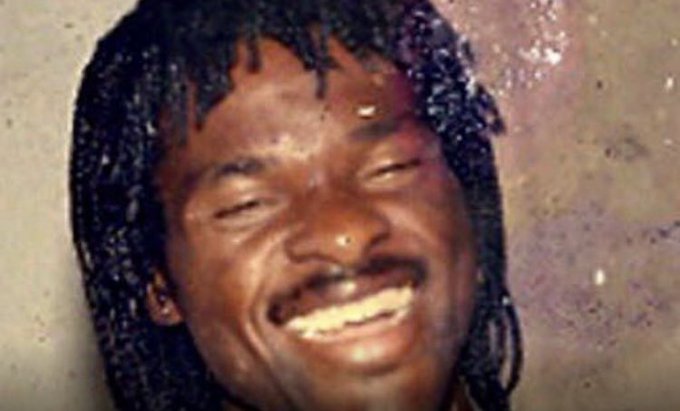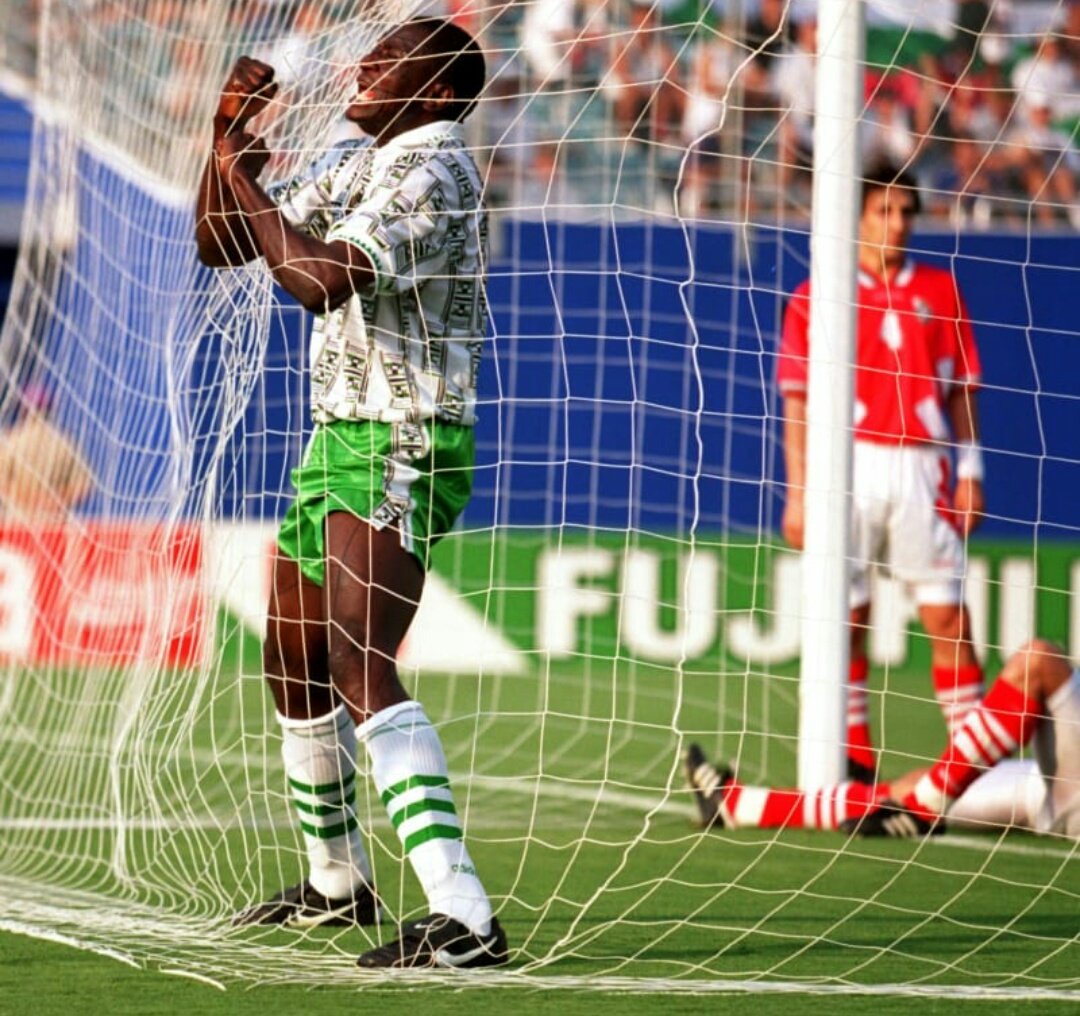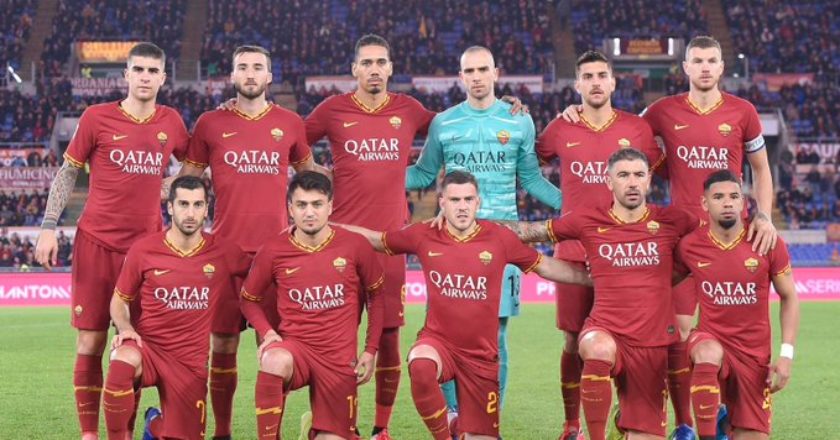Tottenham Hotspur forward, Heung-Min Son has completed his three-week basic military training course in South Korea today and picked up the “Pilseung” award as the top performer among 157 trainees. He got a perfect score in mental evaluation and excellent grades in all subjects, including hitting 10/10 shots on target in shooting training.

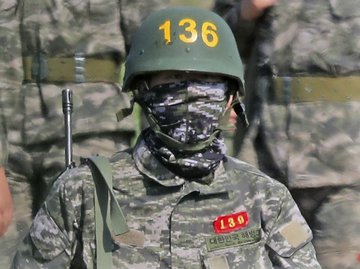
“He received the ‘Pilsung’ prize which is one of five types of awards for best performers, All the courses were judged in a fair and strict manner, and his military training officers have said he went through the training faithfully.” the Yonhap news agency quoted a Marine Corps officer at the unit on the southern island of Jeju as saying.
Also Read: Paulo Dybala recovers from COVID-19.
He was quarantined for two weeks after arriving in Seoul from London at the end of March, completed the training during the suspension of the EPL due to the Covid-19 pandemic and is due to return to London next week.

